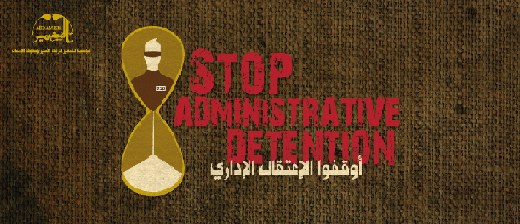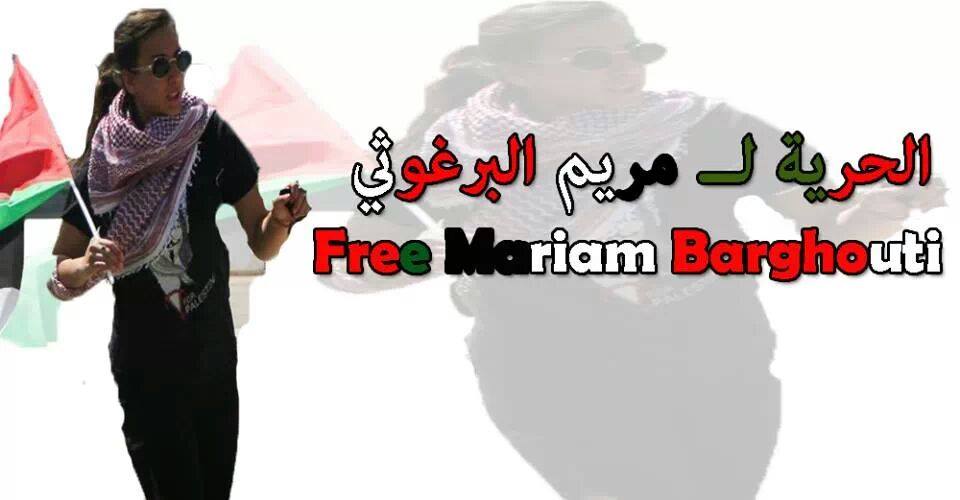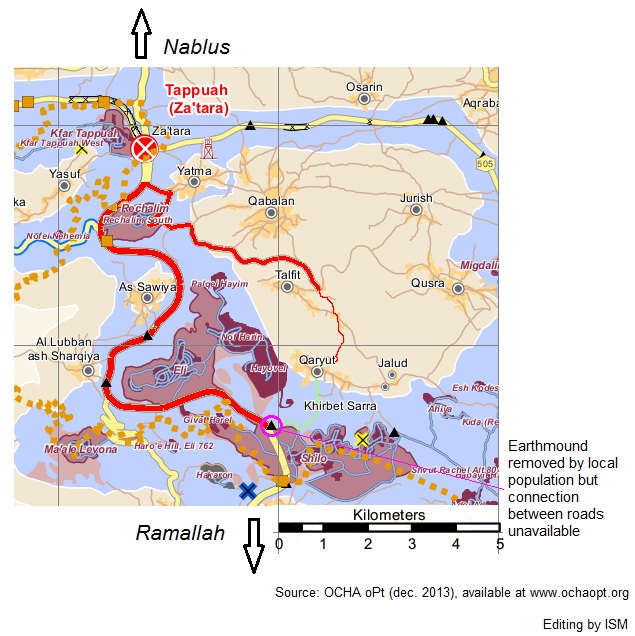Category: Press Releases
-
Mass Hunger-Strike Launched by Palestinian ‘Administrative Detainees’
24th April 2014 | Addameer Prisoner Support and Human Rights Association | Ramallah, Occupied Palestine Addameer Prisoner Support and Human Rights Association can confirm the launch of a mass open-ended hunger strike involving over 100 Palestinian political detainees. All those involved are being held under administrative detention, which is a procedure whereby detainees are held without charge…
-
UPDATED: 20-year-old Mariam Barghouti has now been released
15th April 2014 | International Solidarity Movement | Occupied Palestine Update Friday 18th April: Mariam was released yesterday evening and is now home with her family. ***** Update Thursday 17th April: Mariam had a military court hearing this morning and the military judge agreed to release her on bail. Mariam’s bail has been paid and she…
-
Village of Qaryut without reliable access to vital road
15th April 2014 | International Solidarity Movement, Nablus Team| Qaryut, Occupied Palestine The village of Qaryut, located almost halfway between Nablus and Ramallah, has been waiting for the last year to have a reliable and secure connection to Road 60. This road is essential to connect the village with the city of Ramallah, where most…



